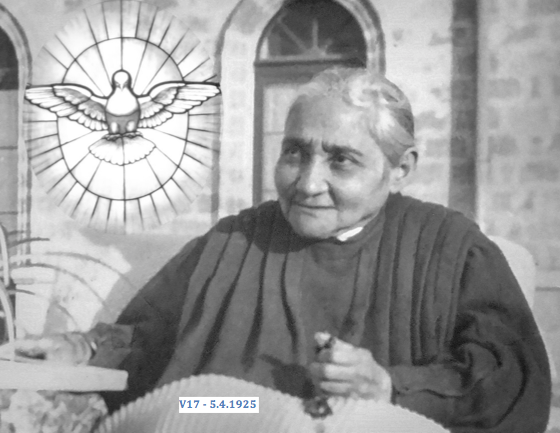History of Sunday Observance
“Remember to keep Holy the Sabbath day.” (Ex. 20:8)
In the Old Testament a separate commandment of God prescribed the observance of the Sabbath day. This day was to serve as a continual reminder to the Israelites of the creation of the world, of all that God had done for them and of the covenant He made with the people. In the New Testament, this obligation of worshipping God was transferred to Sunday.
The decree of the Second Vatican Council on the “Constitution on the Liturgy” declares: “By a tradition handed down from the apostles which took its origin from the very day of Christ’s resurrection, the Church celebrates the paschal mystery every eighth day; with good reason this, then, bears the name of the Lord’s day or Sunday.” (§106)
The Sabbath law commanded above all rest from all physical labor. The chief Sunday obligation of the first Christians was to encounter the risen Christ by participating in the Sacrifice of the Holy Eucharist and uniting with Him in Holy Communion.
Sunday should not be considered as merely a substitute for the Old Testament Sabbath. As a creation of Christianity it is filled with a profoundly Christian meaning. The observance or celebration of Sunday from the very beginning was one of joy and festivity, for every Sunday reminded the first Christians of the joyous event of Christ’s Resurrection. For this reason, all signs of penance and sorrow, such as kneeling and fasting were set aside. Two things characterize the Christian’s observance of Sunday, namely, assistance at the Divine Liturgy and abstinence or rest from strenuous physical work.
***
Book of Heaven
Volume 20: November 2, 1926
… Then, after this, I (Luisa) was following, in the Divine Will, what Jesus has done in Redemption; and my sweet Jesus, coming back, added: “My daughter, My Redemption came as remedy for man, and therefore It serves as remedy, as medicine, as food, for the sick, for the blind, for the mute, and for all kinds of maladies. And because they are sick, they do not enjoy nor receive all the strength that all the remedies that I came to bring them for their good contain. The Eucharistic Sacrament that I left as food in order to give them perfect health—many eat It over and over again, but they appear always sick. Poor food of My very Life, hidden under the veils of the accidents of the bread—how many corrupted palates, how many undigesting stomachs, that prevent creatures from enjoying the taste of My food, and from digesting all the strength of My Sacramental Life. And so they remain infirm; and because they are members feverish in evil, they take it with no appetite.” …
